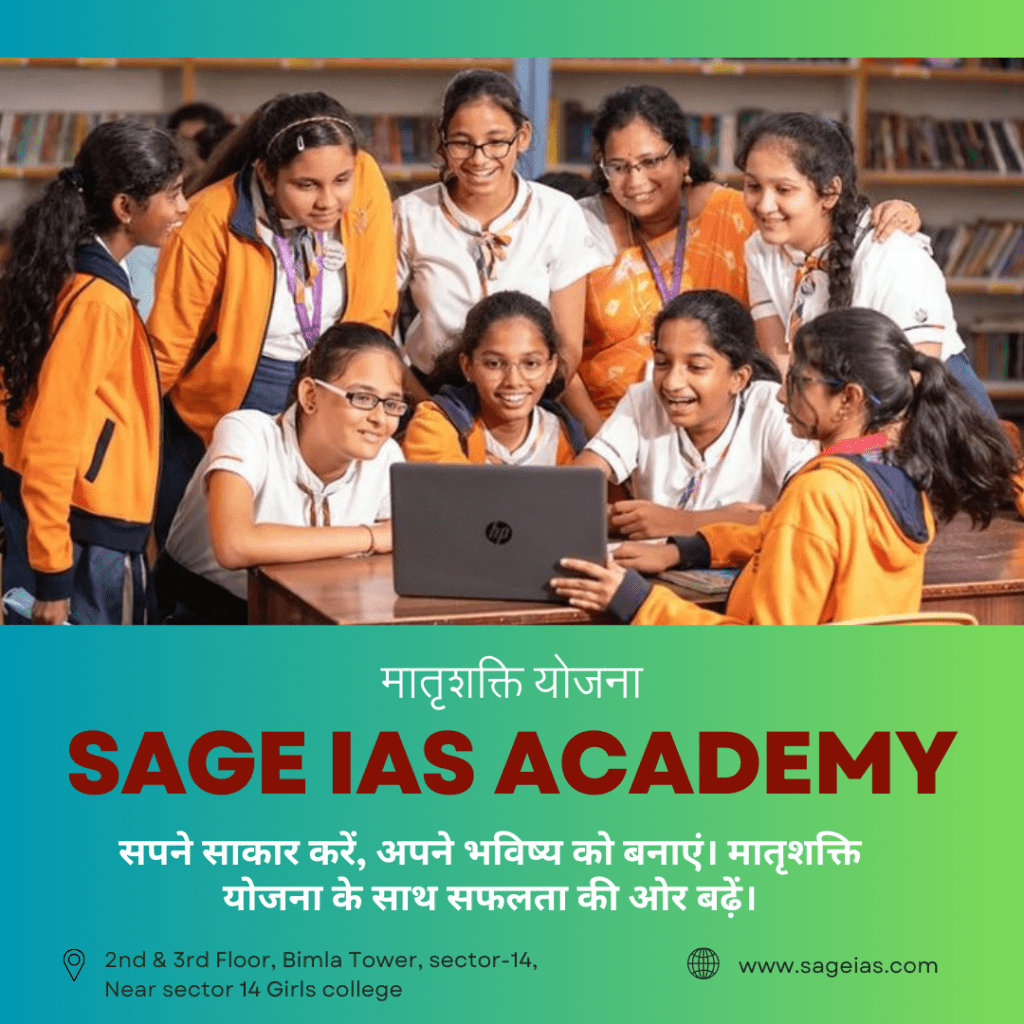
The first step in preparation of UPSC Civil Services exam is to make a rough outline of the syllabus and to define the basic approach towards completing the syllabus. So let’s Starter studying guide
Broadly classifying, all the subjects and topics can be divided into two parts, i.e. Static and Dynamic. Static part of the subject covers the fundamentals of the subject, which remains unchanged for a long period of time. This part needs deep understanding and memorization of the key concepts. However, the more time one gives to a topic, less he will have to memorize. Dynamic part of the subject covers day to day happenings related to the subject, which is therefore called Current Affairs. While covering this part, one needs to view the daily news and events in the light of the fundamental concepts. A student is advised to first go through the static part of the syllabus. The static part not only acts as the foundation for the dynamic part, it also constitutes the major portion of the Paper 1 of the Preliminary exam. This article gives an overview of how to cover the Static part of the syllabus. So we Starter studying guide for UPSC preparation .
The static part can be divided into 11 subjects.

- History (History of India and the World) – For the ancient and the medieval history of India, one should go through NCERT books by RS Sharma and Satish Chandra respectively. In Modern India, book of Spectrum publication authored by ‘Rajiv Ahir’ should be preferred. It not only gives the key events in details but also provides the critical examination of the events. For the world history, one should read NCERT books by Arjuv Dev and ‘Norman Lewis” for the events of the 20th Century in greater detail.
- Indian Culture– The ‘Facets of Indian Culture’ by Spectrum Publication is the most widely read book on the topic. However, many of the chapters need not to be covered and one must have a look over the last few years question papers before reading the book. Also, NCERT of ‘Fine Arts’ (11th standard) is helpful, but do not cover all the topics.
- Geography– NCERT books from 6th to 11th will suffice for prelims as well as mains. For better understanding of the concepts, one could refer the book authored by GC Leong.
- Indian Polity– ‘The Indian Polity’ by M Laxmikanth will suffice, if read from cover to cover.
- Economics– Book published by Tata McGraw Hills authored by Ramesh Singh will be sufficient for a student to cover the basics of the subject.
- General Science– There is no fix syllabus of this topic and no convention could be fixed due to the variety of questions over the years. However, a non-science student can go through the NCERT books of Physics, Chemistry and Biology of 9th to 12th, leaving the numerical parts. For all students, book covering ‘Science and Technology’ of any publication of repute for UPSC preparation will suffice.
- Environment– Basically, it’s a subdivision of Geography (with added syllabus). However, due to the fact that prelims exam is now same for ‘Indian Forest Services’ and ‘Indian Civil Services’, the weightage for this topic increased in the last few years. The majority of the subject can be covered through NCERT books of Geography. However, additional topics can be covered from the booklets and special edition of magazine of any publication of repute for UPSC preparation.
- Indian Society– This topic is for mains exam only. The NCERT of Sociology of standard 11th and 12th gives students a basic understanding needed on the subject.
- Foreign Relations– There is no dearth of books to explain the history of India’s foreign policy. The most basic and simple yet insightful being ‘Foreign Policy of India’ authored by VN Khanna, published by Vikas Publishing House.
- Security and Disaster Management– The questions in the main examination of these topics so far were basic and did not need a great expertise. The topics being new in UPSC exam, no clear favourite and standard book emerged so far. One can cover them from the booklets of any publication of repute for UPSC preparation.
- Ethics, Integrity and Aptitude– These topics cover 250 marks, i.e. an entire paper in the main examination and must be prepared very seriously. So far, the questions did not call for technical concepts of ethics. Starter studying guide Questions were related to the daily life and seek to know the stand a person takes in the situation of moral dilemma.The ‘Lexicon’ of Chronicle Publications can be helpful for this paper, however, the most crucial exercise required for good performance is the answer writing practice by the student.
